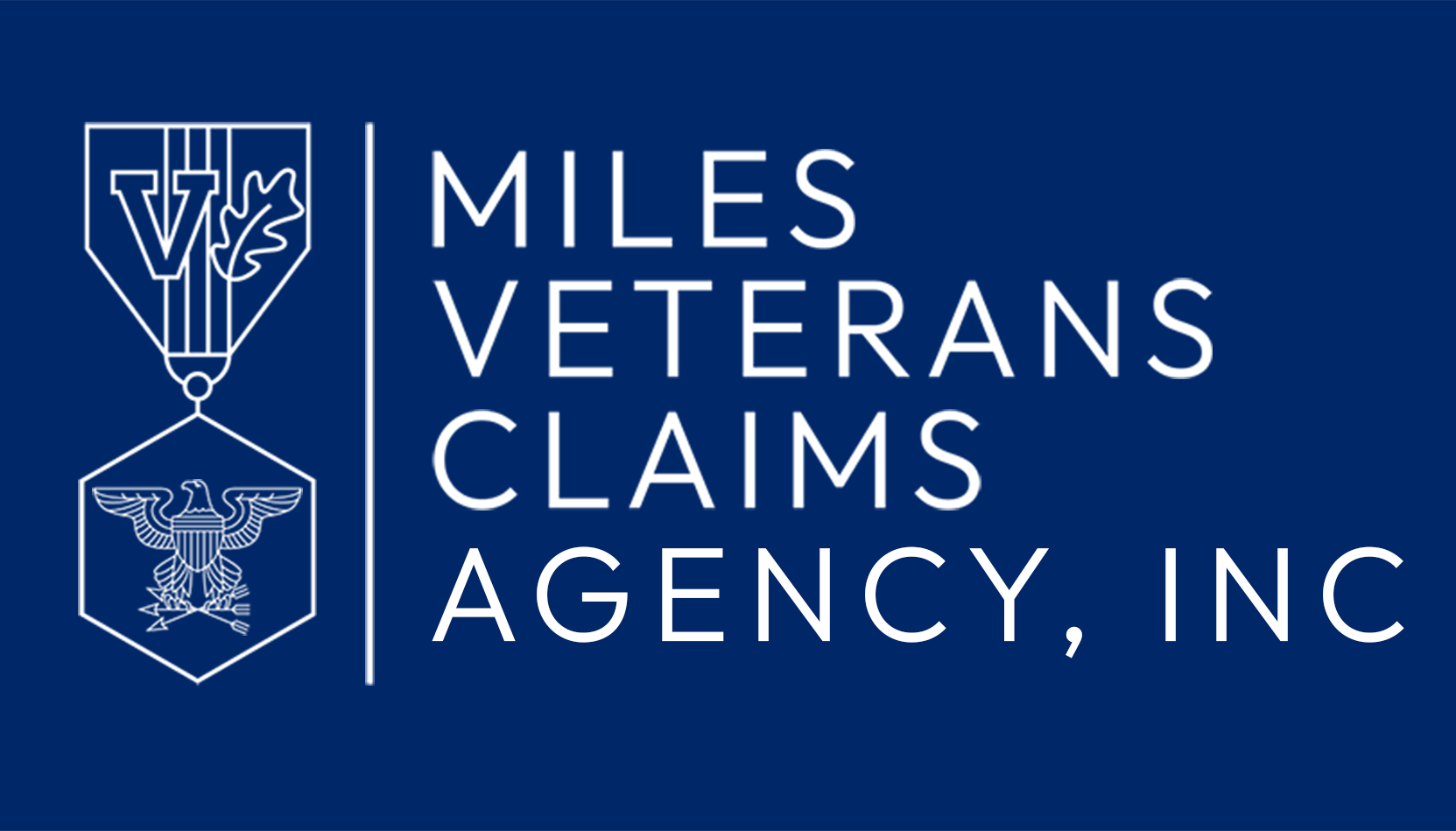When a veteran files a claim for VA disability benefits, a key part of the decision process is the evidence VA has—or should have—when making that decision. A legal concept known as constructive possession can play a key role in ensuring a fair outcome, especially when relevant documents are not physically in VA’s hands but are still considered in their “constructive possession.”
What Is Constructive Possession?
Constructive possession is a legal principle that says VA is considered to “have” certain records even if they are not physically located in the claims file—as long as those records are in VA’s control. This concept most often applies to federal records, such as VA medical records or service treatment records.
In other words, if a veteran is being treated at a VA medical center and those records are not yet included in the claims file, VA is still expected to obtain and review them because they are in VA’s constructive possession.
Why Does It Matter?
Constructive possession is important because VA has a duty to assist veterans in developing their claims. That means VA must make reasonable efforts to obtain all relevant records. If the agency overlooks records that were in their constructive possession, any decision they make may be flawed and subject to appeal or reopening.
For example, if VA issues a denial but fails to consider treatment records from a VA hospital where the veteran has been receiving care, the veteran can argue that the records were in VA’s constructive possession and should have been obtained and reviewed before issuing the decision.
When Does Constructive Possession Apply?
Constructive possession typically applies in the following situations:
- VA medical records: These are considered within VA’s control and should be obtained before a decision is made.
- Service treatment records and service personnel records: These are held by the federal government and are part of the record VA must obtain.
- Records in possession of other federal agencies: For example, records from the Social Security Administration (SSA) that relate to disability benefits.
However, it generally does not apply to:
- Private medical records, unless the veteran has provided authorization or the records are already submitted.
- State or local records, unless they are submitted or specifically requested.
Constructive Possession and Effective Dates
One of the most powerful implications of constructive possession relates to effective dates for benefits of legacy claims. Prior to the Appeals Modernization Act, if VA received new and material evidence—like VA medical records that were in constructive possession—within one year of a decision, then VA must treat the earlier decision as not final, and the claim remains pending.
This rule is grounded in 38 C.F.R. § 3.156(b), which says that any new and material evidence received during the appeal period must be considered part of the original claim. If VA failed to consider relevant records that were in its possession, and those records support the claim, the veteran may be entitled to an earlier effective date.
How to Use Constructive Possession in Your Claim
Veterans or their representatives can use the concept of constructive possession to:
- Challenge a denial where relevant federal records were not considered.
- Request that VA obtain specific VA or federal records.
- Argue for an earlier effective date based on overlooked evidence.
- Reopen a legacy claim if new and material federal records are later added to the file.
Constructive Possession in Almost Always Overlooked
Even though VA has a legal duty to assist the veteran, in practice what that means is they’ll pull electronic records from their CAPRI system and service treatment records. If there are old handwritten records in a VA hospital? Records from Vet Centers? Records from inpatient hospitalizations in service? They probably aren’t in the c-file. But if you can prove VA constructively possessed those records it can have a big impact on effective dates.

